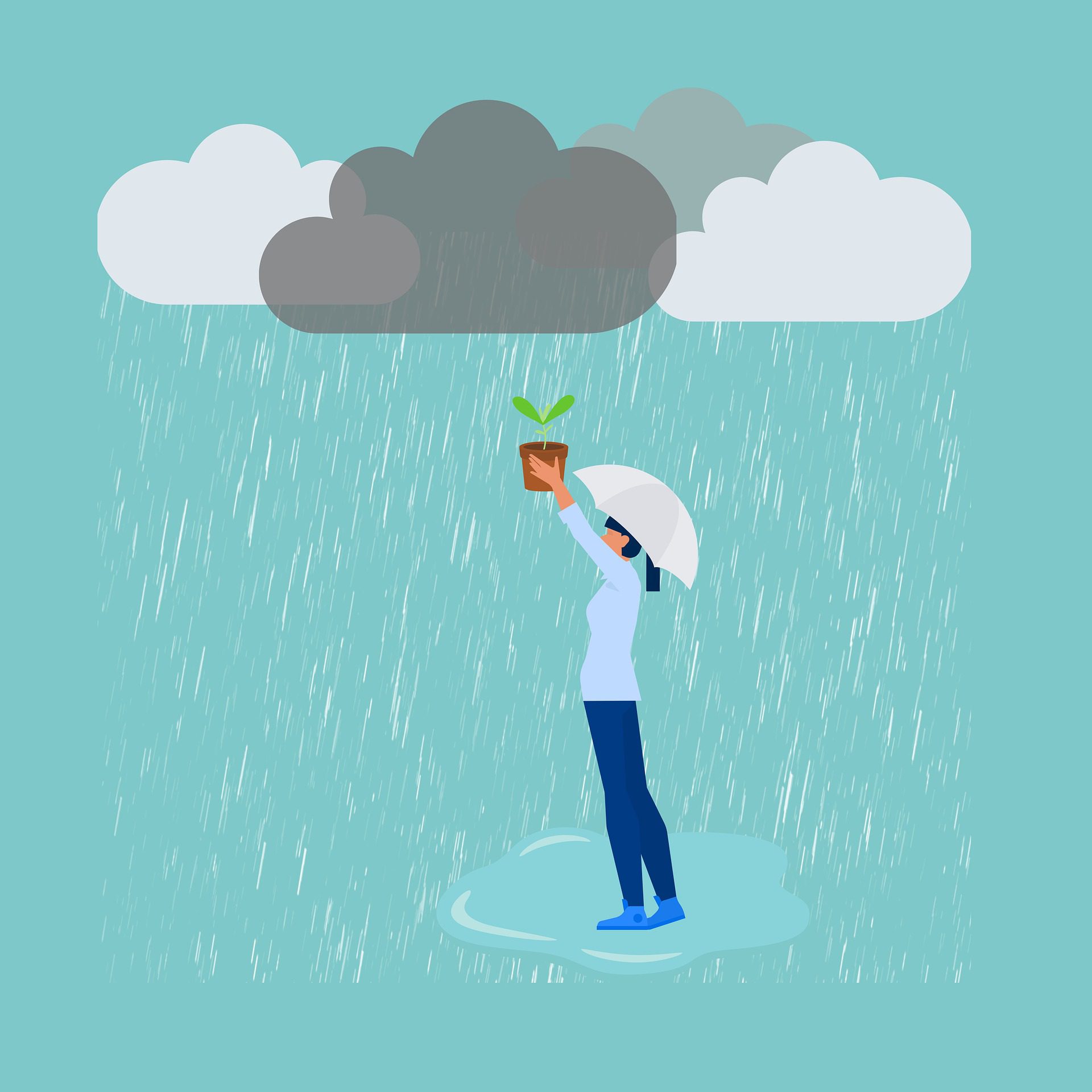By Karen Shirer, Ph.D.
Resilience is a perfect gift to give others. It costs little or nothing, and makes a positive difference in our own and other people’s lives.
I recently read an article on how leaders and managers can promote resilience in their organizations. It got me thinking that we don’t have to be a leader or manager to give the gift of resilience. It is a gift we can give in whatever roles we’re filling. We can share this gift with military families, our colleagues and leaders, and our community partners.
Read on to learn more about the gift of resilience and several tips on how we can build our own and others’ skills for promoting resilience.
What is the gift of resilience?
Dr. Ann Masten (2014), a prominent expert on resilience, defines “resilience” as the process and outcome of:
- Adapting successfully to difficult or challenging life experiences, and
- Developing the flexibility to adjust to future external and internal demands.
This definition highlights two important aspects of resilience — it both protects us when facing current challenges and prepares us to be ready for future ones (Masten, 2014).
Resilience occurs within and between systems in which we live and work — family, workplace, the military, our community, etc. Dr. Masten reminds us that we all depend on the systems around us for our resilience.
For example, most of us have people at work or in our family that we turn to when we are stressed or struggling. We may also have access to workplace resources (eg., a wellness program or employee assistance program) that can help us manage our stress.
Sometimes our systems lack these kinds of resources. But there is hope because there are skills we can learn to build our own resilience and to share with others. These skills are the gifts we can give to ourselves and others.
Four skills (i.e., gifts) to build resilience
Here are examples of four skills that Dr. Masten and others have identified in their research on resilience.
- Encourage connections and collaborations with others. Stress and crisis can make us feel alone and isolated. Remind yourself and others you work with of the importance of connecting and networking with family, friends, colleagues, and community partners. These connections and social contact identify where we can turn for support and guidance. They help us feel a greater sense of belonging and that we are valued.
- Reduce and manage stress. Stress at home and work is a fact of life, and we all need support at times for reducing our stress. Encourage colleagues and the families you work with to take steps for managing their stressors. Take advantage of what your community or workplace offers for wellness services and physical activity. Invite a colleague to join you for a lunchtime walk each week or sign up for an exercise class together. Encourage families to build exercise into their weekly routine.
- Consider various perspectives. Our workplaces often have unrelenting deadlines, pressures and stressful changes. Military families also face these same pressures in their work. Ask a colleague or military spouse to describe how they view these pressures and changes. Be ready to share your perspective. Consider together your perspectives on a situation and what they mean. These kinds of discussions can help strengthen connections and make it easier to manage workplace changes.
- Set goals. Sometimes when facing unrelenting stress, we forget the basic steps we can take. Setting small and achievable goals is one of those steps that builds resilience by providing positive motivation. Use a buddy system with a friend, colleague or military spouse/partner to hold each accountable for your goals. Making progress toward your goals is a way to reduce stress and motivate yourself and others.
Build your resilience with OneOp resources
Here are just a few of the resources that OneOp has available to help you. Your colleagues and the military families you work with build their resilience.
Blog Posts — here is a just sampling of OneOp blog posts on resilience:
Building resilience one step at a time
Resilience matters for military families
Helping military families become more resilient through various transitions
Resilience and its importance to children
Webinars
Resilience 3-Part Webinar Series. This groundbreaking 2019 webinar series brought together three pre-eminent resilience theorists and researchers — Ann Masten, Froma Walsh and Michael Ungar. Each shared important insights on addressing barriers, identifying various systems and promoting protective factors to support individual, family and community resilience.
Join Practicing Connection. OneOp Practicing Connection emphasizes the crucial skills and practices of connection and collaboration that improve resilience and readiness in a rapidly changing world. Opportunities include podcasts, a community of practice, Twitter, and building resilience together learning experiences.
References
Hogle, P. (2022, October 24). What Is ‘Resilience’ & How Can Learning Leaders Foster It? Learning Solutions Magazine. https://learningsolutionsmag.com/articles/what-is-resilience-how-can-learning-leaders-foster-it
Masten, A.S. (2014). Ordinary Magic: Resilience in Development. New York: Guilford Press. ISBN: 97814625123719.
Writers Biography
 Karen Shirer, previous Associate Dean of the University of Minnesota Extension Center for Family Development. Karen is also the parent of two adult daughters, a grandmother, a spouse, and a cancer survivor.
Karen Shirer, previous Associate Dean of the University of Minnesota Extension Center for Family Development. Karen is also the parent of two adult daughters, a grandmother, a spouse, and a cancer survivor.
Photo source: Pixabay















